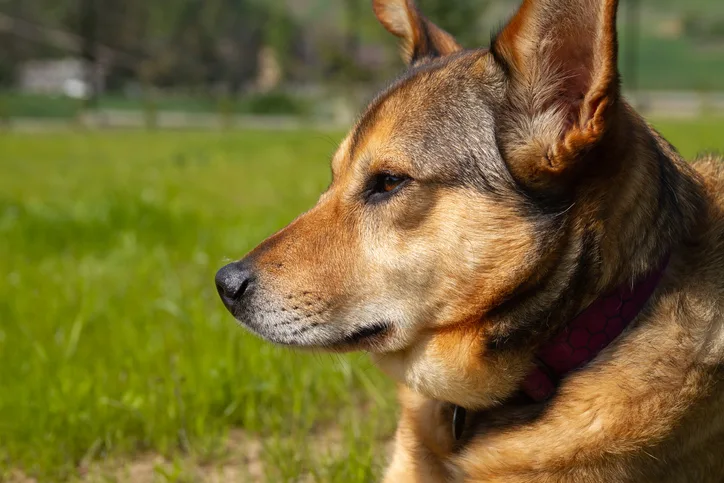
Full drug information and a pet owner handout can be found at Plumb’s.com.
What Is Venlafaxine?
Venlafaxine offers another treatment option to manage behavioral disorders in dogs and cats.
Pharmacology of Venlafaxine
Venlafaxine is a serotonin norepinephrine reuptake inhibitor (SNRI) that weakly inhibits dopamine reuptake. Venlafaxine has no appreciable activity at muscarinic, H1-histaminergic, or alpha-1–adrenergic receptors.
Contraindications of Venlafaxine
Venlafaxine is contraindicated in dogs and cats that are hypersensitive to it or that have been given an monoamine oxidase inhibitor within 14 days. Use should be avoided in patients with untreated angle-closure glaucoma.
Adverse Effects of Venlafaxine
Venlafaxine appears to be well tolerated. Adverse effects in dogs include decreased appetite, lethargy, vomiting, diarrhea, increased aggression, and agitation.1 Anecdotally, in cats, lethargy is the most common adverse effect; decreased appetite also may occur. Hyponatremia, increased risk for bleeding, and dose-related hypertension have been reported in human medicine but not in veterinary medicine.2
Additional Information
For more information on aggression, read Clinician's Brief Canine Aggression Toward Other Dogs & Humans and Feline Aggression; or, take a deeper dive into aggression in dogs and aggression in cats in Plumb's Pro (paid subscription only).